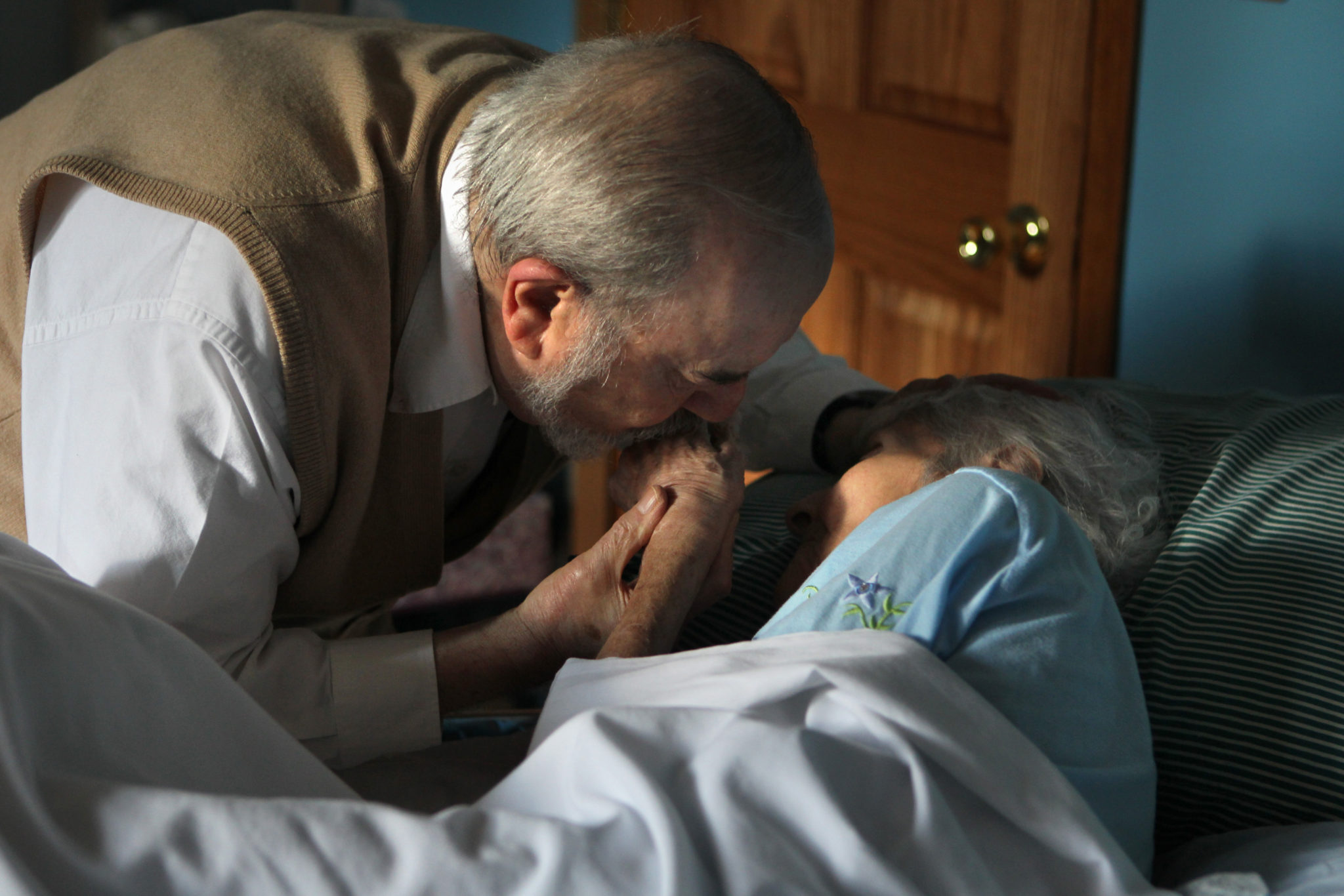Dementia can be an absolutely brutal disease, both for the afflicted person and those close to them.
There are just over 64,000 people currently living with dementia in Ireland, a figure projected to rise to approximately 150,000 by 2045.
As Ireland’s ageing population grows, understanding how to navigate diseases such as dementia and Alzheimer's is more important now than ever.
Neuroscientist and best-selling author Dr Sabina Brennan joined Alive and Kicking with Clare McKenna to discuss her latest book, ‘Still Me’, which outlives her personal and professional experiences of dealing with dementia.
“I had a lot of stuff to say, a lot of stuff to process,” she said.
“I had a guilt around things I did do or didn’t do, I mean, mine wasn’t the most amazing experience in terms of caring for my mum.”
According to Dr Brennan, upon reflecting on her time caring for her mother, there are many things she “would have liked to have done differently”.
“My big message for the second part of the book is that [the person suffering with dementia] is still a living, breathing human being with the same needs, wants, desires,” she said.
“They just have a brain disease that stops them communicating in the same way they used to, and so we have to work harder.”
 Dr. Herbert Lerner lovingly kisses his wife Dr. Ruth Lerner's hand, while she rests in her bed at his son's Berwyn, Illinois home, February 8, 2012. Both are now 88 years of age. Ruth Lerner is bed-ridden and cannot communicate or recognize her husband. (Photo by Antonio Perez/Chicago Tribune/MCT/Sipa USA)
Dr. Herbert Lerner lovingly kisses his wife Dr. Ruth Lerner's hand, while she rests in her bed at his son's Berwyn, Illinois home, February 8, 2012. Both are now 88 years of age. Ruth Lerner is bed-ridden and cannot communicate or recognize her husband. (Photo by Antonio Perez/Chicago Tribune/MCT/Sipa USA)Dr Brennan outlined an example of a story she came across where a woman was caring for her elderly mother with dementia, who kept losing her wedding rings.
The woman took the wedding rings from her mother with the intention of keeping them safe and preventing them from getting lost – but her mother became extremely upset as a result.
“Most people, when they’re caring for someone with dementia, the majority of their decisions are made in what they believe are the best interests of the person with dementia,” she said.
“Often that is contrary to what the person with dementia wants.
“That’s why I use the term care partner rather than caregiver, because us, out of kindness and love, seeing ourselves as a caregiver, kind of puts us in a position of power where we’re making decisions on someone’s behalf.
“That’s not what caring really is; it needs to be that you are the person advocating to ensure that the person with dementia is living the life that they want to live.”
Dr Brennan said that while it is hard to find a balance, people with dementia are still entitled to their autonomy.
Main image: Dementia care.









